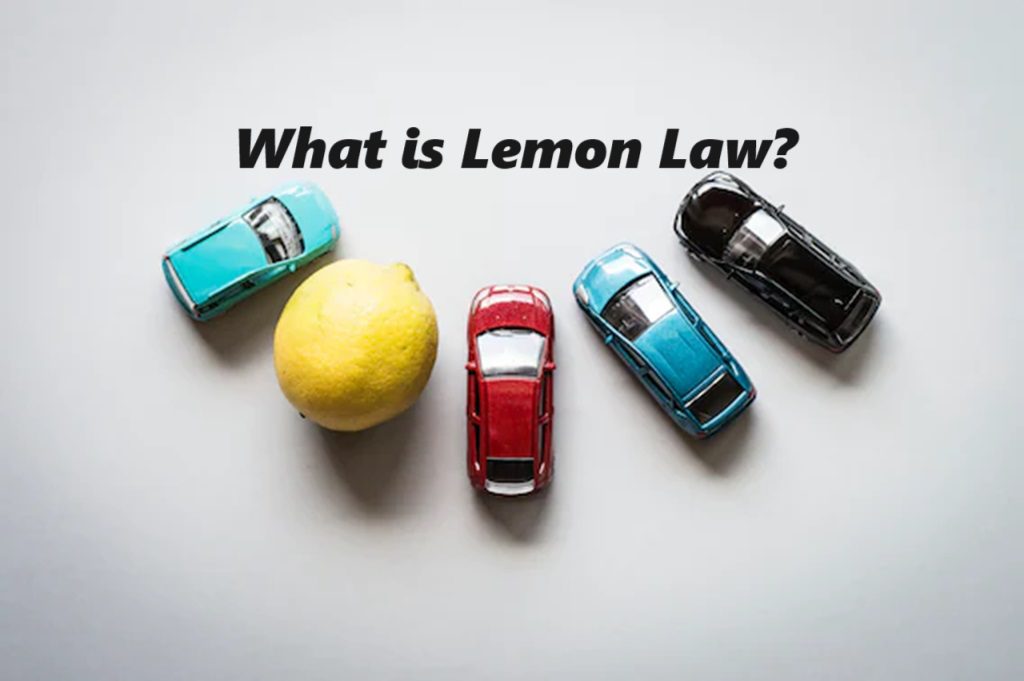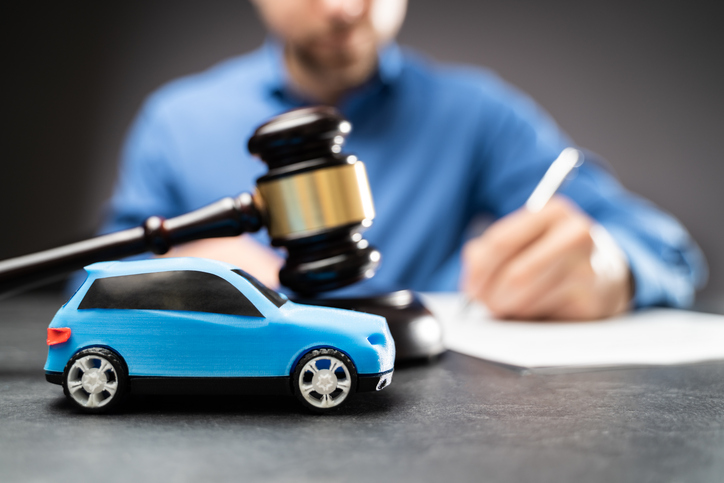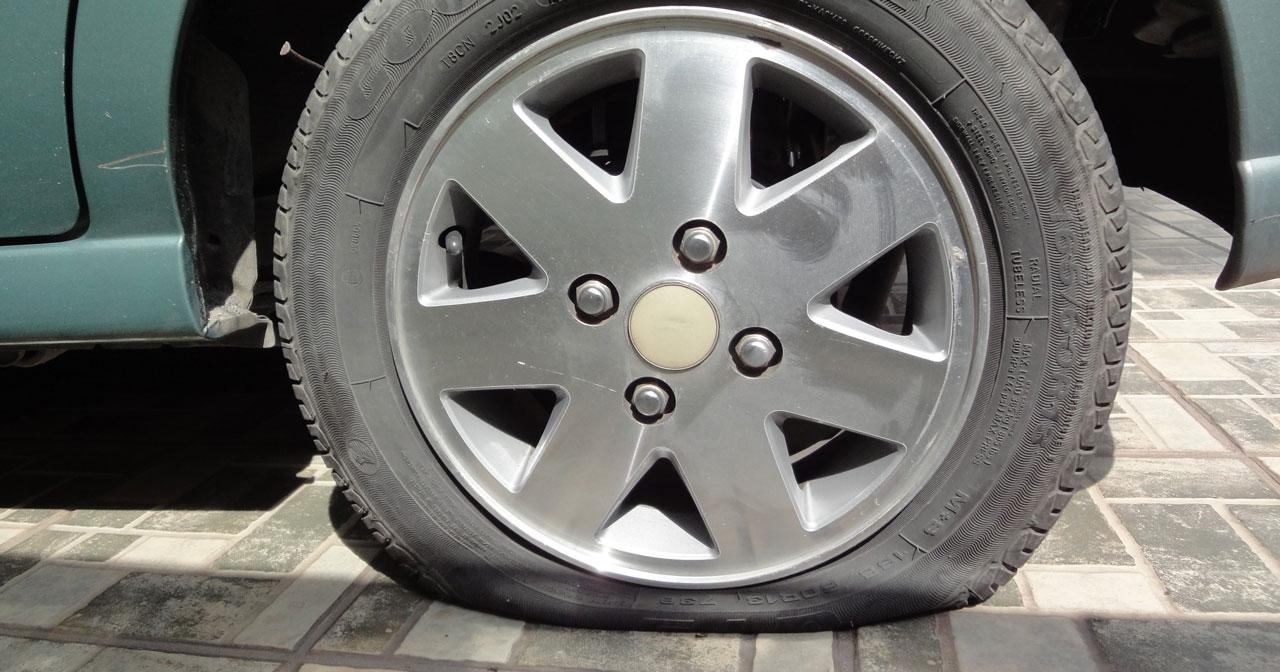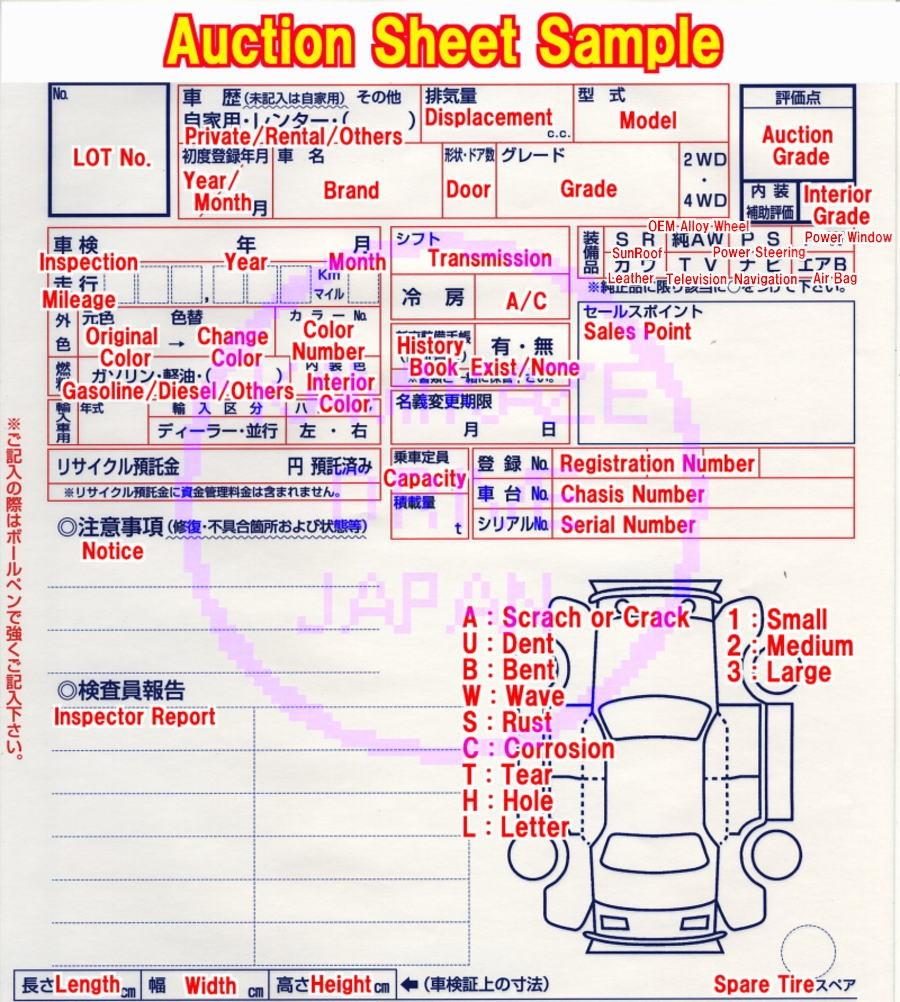Does Lemon Law Apply To Used Cars?
Imagine, you’ve just bought a used car that seemed like a dream come true until your car spent more time at the mechanic than on the road. A used car with constant problems makes you frustrated and costs you a lot of money for repair. Can any law protect you from such a situation? You might have heard about the “lemon law” that can protect consumers when they buy a new car with major problems. But what about used cars? Does lemon law apply to used cars too? The answer will be revealed in this article:
What Is Lemon Law For Cars?
First, let’s spend your time to find out the definition of “Lemon Law” and what is a lemon car. There are some different aspects to lemon law but basically, the simplest answer is that this legal provision allows you to get a refund or replacement for your lemon car which is defined as one with a major mechanical defect covered by warranty and unable to be fixed after a reasonable number of attempts. And the rule of thumb is 3 times and it’s a lemon.
If you’ve tried to repair the vehicle for three or more attempts and the dealer can’t fix the issue, the Lemon law can save you. Before you get taken on the costly car repair, make sure you’re familiar with your State’s lemon law, it’s designed to provide you with options when you’ve bought a product that doesn’t meet quality and performance standards.
Essentially, lemon law is a Federal law so it applies in almost every state to protect car buyers from getting stuck with a defective car, however, it varies from state to state. Are you struggling with a lemon car and its warranty let lemon law assist you. You can find out If your car qualifies for lemon law compensation by visiting lemonlawassist.com.

Lemon Laws and Used Cars: Does Lemon Law Apply To Used Cars?
While the term “lemon law” is often associated with new car purchases, you might wonder if is there a lemon law for used cars. Our answer is it depends. Because used cars are likely considered a “lemon”, some states have lemon laws that only apply to a new car. It means that If you buy a used car with major problems, the lemon law may not cover your situation.
However, there is a large exception to this rule in many states such as New Jersey, New York, California, Massachusetts, and Minnesota…and the lemon law for used cars is effective in these states as long as your car is still under the manufacturer’s warranty or having a limited number of previous owners.
What is used car lemon law? It’s a consumer protection statute that protects the rights of used car buyers when the vehicle doesn’t operate as promised depending on the jurisdiction of buyers of used cars. However, you will find that the protections are more limited than for those who purchase new cars. As a general rule, the used car lemon law will provide car buyers recourse against the dealer of defective cars and often requires dealers to repair or refund the purchase price of a non-functioning car.
When buying a used car, make sure you check whether the Lemon Law used car applies in your state or not because it’s not only the rights of consumers, but the specific obligations of the car dealers.
If the dealer sold you a lemon, What can you do? Our advice for you is to call a lemon law attorney or a lemon law specialist is your best option to refund the amount of your payments so you must keep any invoices for your repairs.
>> Related post: How the Lemon Law Applies to Limited Production Vehicles
How To Find Out If Your Used Car Is A Lemon?

Buying a used car can be an exciting experience, but it can also be a potential problem. A lemon car is the worst thing that car buyers don’t want when purchasing a used car. Here’s how to spot the signs:
- Research the models before buying because some models have a bad reputation for problems, reliability, and recall. Knowing preemptively can help you avoid potential traps.
- Get a car’s document: When buying a used car, you need to re-evaluate the vehicle’s documents. First, is whether the vehicle has all the documents proving its origin? You should buy cars that have been transferred to the owner’s name to make the title transfer procedure easier when buying and avoid buying a car of unclear origin. In particular, you must check the VIN of the vehicle to compare vehicle information online – a factor for easy vehicle identification. This is a series of 17 digits and must match the VIN on the lookup website. Based on the VIN, customers can view vehicle information such as year of manufacture, brand…
- Thorough inspection: Don’t just rely on the car’s appearance. Let your mechanic check the car.
- Vehicle history report: Services like Carfax or AutoCheck can reveal accidents, title issues, and even previous repairs.
- Check to see if the speedometer is a fraud: When buying a used car, a professional often checks the vehicle’s odometer for damage. How to check through the display screen, check the maintenance history to compare the displayed kilometers with the actual condition.
- Test drive: Test driving the vehicle helps evaluate the vehicle’s condition in terms of brake status, steering assist, acceleration, and smoothness. Problems that may be encountered when driving include poor starting, heavy steering, poor braking, slow acceleration, unusually colored car smoke (black smoke or white smoke), and vibration. All of the above signs need attention to best assess the vehicle’s condition.
Watch more:
If you’re unsure about your car’s condition or believe it might be a lemon, consult with a mechanic or a lemon law attorney. They can provide expert guidance and help you understand your options.
Would you like to know more about lemon laws or how to deal with a potential lemon car? Let us know in the comment box below!














